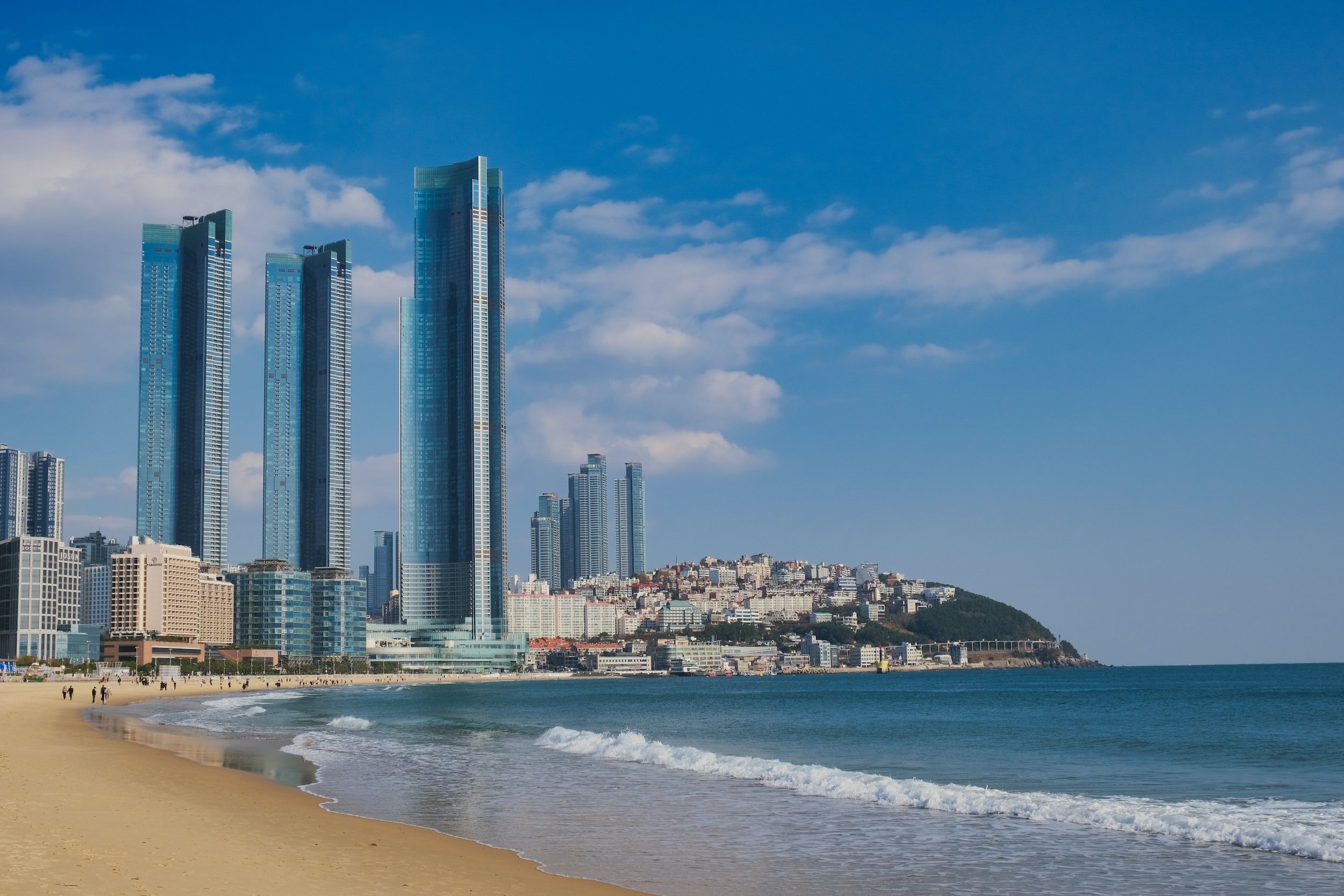
Welcome to the SCA’s Green Coffee Summit, a home for coffee market resources.
Spotlight: Consuming Markets
Green Coffee Summit wouldn’t be possible without the generous support of our Lead Sponsor, Sustainable Harvest.
Featured Video
Coffee's Essential Worker Community: An Action Oriented Path to Building Back Better with Living Wage and Living Income
Living wage and income have long been gaining steam among the media, global governments, sustainability standards, businesses, and a wealth of other actors, including consumers. But the necessity of ensuring a basic but decent living is more stark than ever in an age where vulnerability abounds.

NEW Market Research
Five Key Takeaways from the National Coffee Data Trends Study: Specialty Coffee Breakout Report
The National Coffee Data Trends Study is packed with information: conducted twice a year, the report tracks coffee consumer trends, attitudes, and behavior. What are five key things that the specialty coffee industry should pay attention to specifically? Learn more from the SCA’s Research Manager, Katie von der Lieth →
Explore the Latest Resources

From Procurement to Cobranding: A Path to Better Value Distribution
Explore how traditional transaction concepts, centered only on quality and delivery, limit the capacity of our industry to generate and better distribute value.

Verified Living Income: Transforming Procurement for Improved Farmer Livelihoods
How can we know we’re paying an equitable price for coffee? Grayson Caldwell explores the idea of verified living income.

Critical Collaboration: It's Not Enough to Just Pay Farmers More
Jeanine Niyonzima-Aroian shares a business model to help build more sustainable communities.

More Equitable Value Distribution Through Profit Sharing
In conversation, learn from two coffee entrepreneurs who both (independently!) stumbled upon the profit-sharing business model and use it to get as much profit as possible back to origin, while still making ends meet.

Coffee’s Essential Worker Community | Re:co 2020
Can the living income and the living wage movements help us all to “build back better” after the COVID-19 pandemic?

El efecto de la fermentación | 25
SOPHIA JIYUAN ZHANG y FLORAC DE BRUYN comparten los descubrimientos hechos durante su investigaciones conjunta de cuatro años centrada en la creación de un mejor entendimiento del impacto del procesamiento del café posterior a la cosecha sobre la calidad del café a lo largo de diferentes zonas geográficas.

Tomando bebidas locales | 25
Es el momento de reconsiderar las oportunidades que tienen los productores de café para llegar a los consumidores de café de especialidad en sus propios países.

Creando estabilidad financiera en el cultivo del café: Soluciones ofrecidas por tres jóvenes profesionales del café latinoamericanos | 25
Con una edad media de los agricultores dedicados al café rondando los 55 años y en aumento, muchas familias cafeteras y sus plantaciones se encuentran en un momento de transición, pasando de una generación a la siguiente.

Protegiendo el terroir | 25
¿Qué es lo que hace que los productos alimentarios sean exclusivos de una región, y cómo se protegen desde los países de la UE y el resto del mundo conforme a la ley?

La economía del café: Comprendiendo la rentabilidad a nivel de plantaciones | 25
A la conclusión de Avance (la conferencia inaugural sobre sostenibilidad de la Specialty Coffee Association y primer evento de ese tipo en origen) en la ciudad de Guatemala el pasado mes de octubre, se pidió a los representantes allí presentes que indicaran el área de mayor prioridad dentro de la cadena de valor del café. Más del 90% de los representantes se decantaron por la «rentabilidad para los agricultores».

Value Creation and Equitable Distribution
Ellie Hudson and Kim Elena Ionescu discuss value creation and equitable distribution.

The Living Income Movement
Ellie Hudson, Christina Archer, Stephanie Daniels, Michelle Murray, and Jeremy Dufour discuss the living income movement.

El consumo interno como alternativa a la exportación
La propagación del virus COVID-19 en todo el mundo ha causado gran incertidumbre, aislamiento y ansiedad. ¿Cual es la experiencia de los productores de café? ¿Qué información de mercado existe para productores medianos y grandes, organizaciones cúpulas y gremiales, cooperativas y los tostadores, y cafeterías en países productores?

Understanding Shifting Coffee Identity Standards
Mario Fernandéz traces the debates around coffee’s identity, from the first to the third wave.

Together Is Better: Providing a More Equitable Return to Farming Communities
Miguel Zamora asks: How can the coffee industry provide a more equitable return?

The Fermentation Effect | 25, Issue 10
For the past four years, Sophia Jiyuan Zhang and Florac de Bruyn have been working with coffee through a bilateral industry-academia research collaboration between the Vrije Universiteit Brussel (Brussels, Belgium) and Nestlé Research (Vers-chez-les-Blanc, Switzerland), endeavoring to understand coffee post-harvest processing.

The Economics of Coffee: Understanding Profitability at Farm Level | 25, Issue 3
As Avance–the Specialty Coffee Association’s inaugural sustainability conference and first ever event at origin–drew to a close in Guatemala City in October, delegates were asked to indicate what area they most prioritized among coffee’s value chain. More than 90% of participants stood next to the sign reading “farmer profitability.”

The Challenges of Being a Biological Coffee Farmer
Hear from Tim Wendelboe on what he’s learned from starting his own coffee farm, Finca el Suelo.

Coffee and Value | Re:co
Coffee acts as a vessel for all kinds of values—economic, social, moral, and ideological. How does the coffee trade balance these different metrics of value? Hear from Ted Fischer.

Taking Less, Not Giving More | 25, Issue 12
Achieving an equitable value distribution isn’t about making the pie bigger; it’s about dividing the pie better. It’s about who captures the value within the chain, regardless of where they are.

Aprender
Un caso de negocio para incrementar el consumo de café especial en países productores
Las oportunidades adicionales para crear y capturar más valor son clave para que los productores reduzcan el riesgo. Por lo tanto, es vital comprometerse con estrategias que les permitan a los productores crear (más) valor y obtener un mayor y mejor parte del precio al consumidor →









